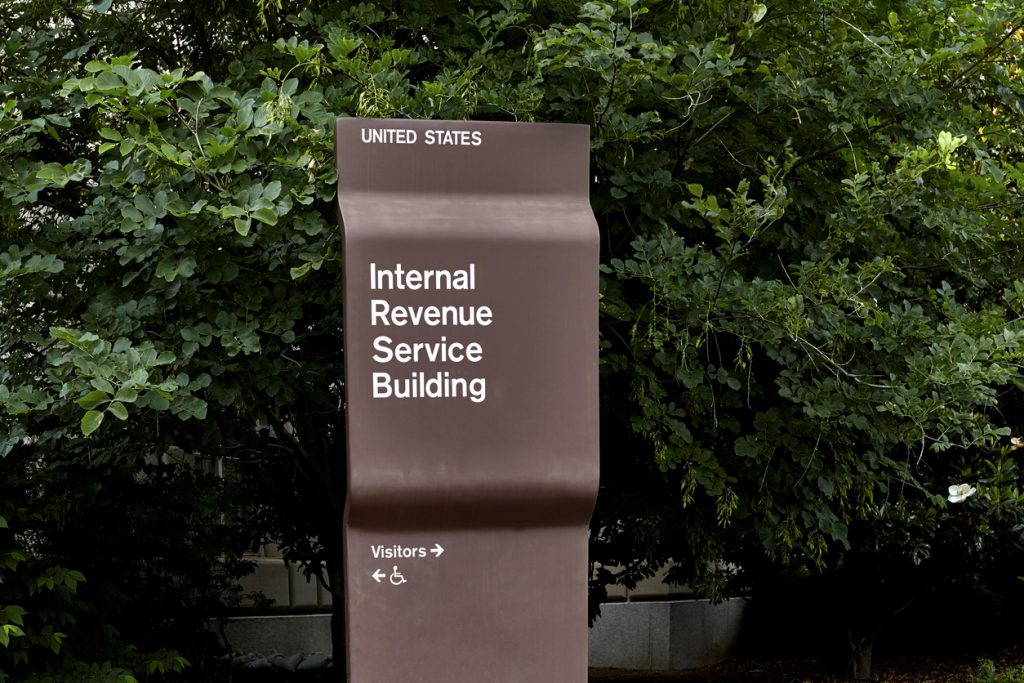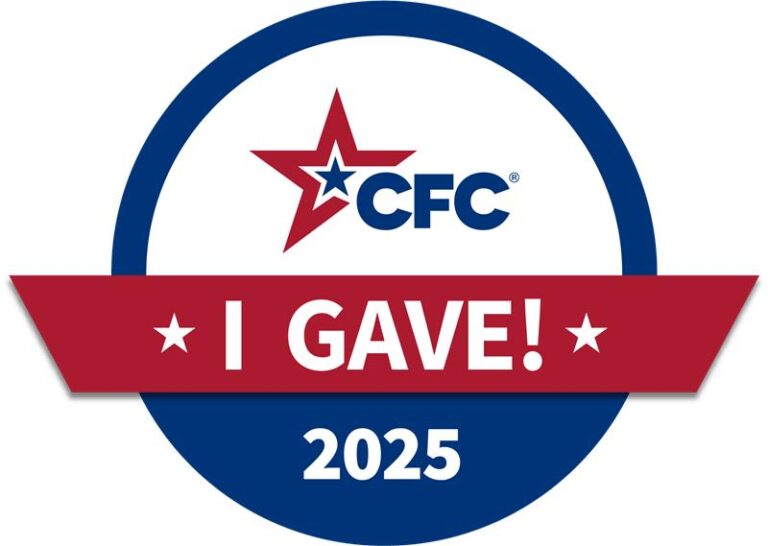Wise Giving Wednesday: Tax-Exempt Status Is Not an Endorsement

Last week’s Wise Giving Wednesday featured the indictment by the Brooklyn District Attorney along with the New York Office of the Attorney General of a man that allegedly created dozens of fraudulent charities. As part of this scheme, the individual allegedly applied for and received charitable tax-exempt status from the IRS using Form 1023-EZ. This shorter version of the application for tax-exempt status (3 pages instead of the 28-pages for the regular Form 1023) was initially introduced in 2014 and is used by smaller charities with annual incomes of $50,000 or less. While the initial intention for this EZ version was to lessen application challenges for smaller charities, reduce a backlog of cases by the IRS, and address political controversies, it also received early criticism that it might lead to potential additional abuse and fraud. Although it may be difficult to identify how prevalent such problems are with the 1023-EZ application, it may be helpful to view this IRS issue with a broader lens.
As noted in the IRS Compliance Guide for 501(c)(3) Public Charities, the focus is on explaining how charities can comply with federal tax law to maintain their tax-exempt status. Although some turn to the Internal Revenue Service when problems emerge with charitable organizations, this agency was never established to serve in this overarching regulatory role. Also, the fact that an organization has received charitable tax-exempt status, does not mean that the IRS approves, endorses or recommends the charity to potential donors. Rather, it demonstrates that they have filed the appropriate application and, when required, annual financial information, to be exempt from paying federal income tax on the revenue it receives. In turn, donors can receive a tax deduction for contributions made to the organization. In terms of potential abuse, the IRS does look into such issues as charity transactions with related parties, unreasonable compensation, and other excess benefit transactions.
For the most part, state charity regulators (such as state offices of the Attorneys General and the Secretaries of State) serve as the primary regulators of charities. The majority of states require charities to annually register and file financial information if they intend to solicit for charitable donations in that state. And, they are most likely to take action against charities found violating the duties of obedience, loyalty and care in how they manage the assets of the organization. When identified, states also can act on misleading appeals and/or fundraising campaigns that are not properly administered. But, states are also quick to point out that registration with a state agency does not constitute or imply endorsement, approval or recommendation by that state.
As a standards-based charity evaluator, however, BBB Wise Giving Alliance looks beyond the legal requirements in completing its reports on charities. While some of these issues in the BBB Standards for Charity Accountability overlap with legal requirements, the specific recommendations included in these standards, in many instances, call for practices that stretch beyond what the law can address. The distinction between legal requirements and voluntary recommendations is also reflected in the language used to describe them. One complies with regulations because the law requires it, in contrast one meets a standard if one chooses to follow it. In some ways, BBB Wise Giving Alliance seeks to help fill the trust gap between what charities are required to do by law and what the public expects them to do as good stewards of their generosity.
Video of the Week
This week’s Video of the Week revisits a previous interview with Kim Callinan, President & CEO of Compassion & Choices (a BBB Accredited Charity) which works “to improve care, expand options and empower everyone to chart their end-of-life journey.” The organization works across the nation in communities, state legislatures, Congress, courts and medical settings to educate the public about the importance of documenting end-of-life values and priorities and about the full range of available options.
Heart of Giving Podcast
In this week’s Heart of Giving Podcast, BBB WGA interviews Elizabeth Clay Roy. Elizabeth is the CEO of Generation Citizen, which partners with schools to provide 6th-12th grade students with the knowledge and skills they need to actively participate in democracy.
Recent Reports
We are always working with charities to publish or update reports for donors. Visit Give.org or local BBBs to check out any charity before giving. Our recently evaluated charities include:
Finally, remember to let us know by going to www.give.org/charity-inquiry if you are interested in seeing a report on a charity not on the list and we will do our best to produce one.


